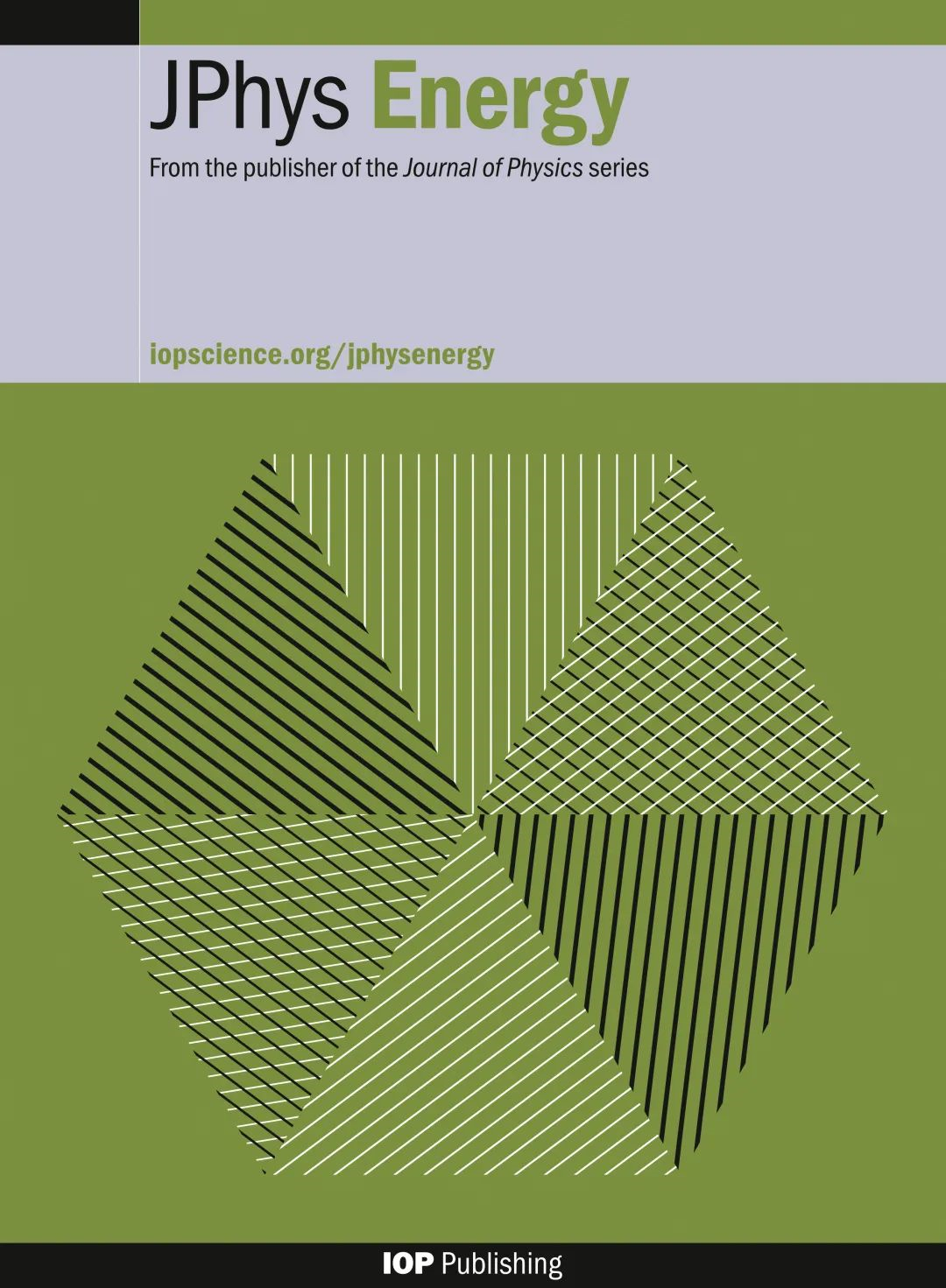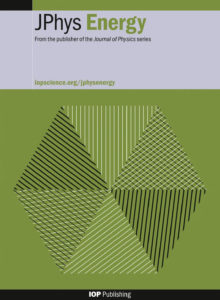JPhys Energy特刊征稿|聚焦光伏技术的可持续性

客座编辑
- Antonio Urbina, 西班牙纳瓦拉公立大学高等材料与数学研究所(INAMAT2)
- Chiara Candelise, 英国帝国理工学院和意大利博科尼大学
主题范围
Solar electricity generated by photovoltaic systems is becoming a major contributor to the energy supply in many countries thus contributing to decarbonize the electricity mix and saving as much as 875 million tons of CO2eq. Photovoltaic installed capacity has grown exponentially in the past few years, approaching the Terawatt scale with annual growth surpassing 100GW since 2019. Within the broad portfolio of photovoltaic technologies, the market is dominated by crystalline silicon (94%), with a smaller share for thin film technologies and several emerging technologies with pilot plants already starting an up-scaled industrial production. Furthermore, millions of PV modules are approaching its end-of-life and recycling strategies at a global scale are urgently required. The environmental impacts (for human health and ecosystems) and the economic cost of the massive deployment of photovoltaic modules have been studied in the past few years, but the continuous technological improvements demand an update of results including recommendations for a better balance between operational parameters, reduced environmental impacts, economic costs and social benefits.
This focus issue aims to provide an overview of photovoltaic technologies with focus on its Life Cycle Assessment (LCA) and socio-economics assessment to provide a quantitative evaluation of the sustainability of solar electricity production. We welcome original results, reviews, and short perspective articles on topics including, but not limited to:
- Summary and update of PV commercial and emerging technologies.
- Life Cycle Assessment (LCA) of photovoltaics vs other technologies for electricity production.
- Aggregated LCA analysis at country or global level.
- Economic and financial implications of improved LCA and sustainability of PV technologies.
- End of life and recycling of photovoltaic technology, including balance of system.
- Economics of more sustainable PV technologies and PV systems’ value chains.
- Resilience of PV value chains to external shocks (such as increases in commodity and energy prices, regulation changes, materials and components supply disruption).
- Innovative design to improve sustainability of PV systems e.g. agrivoltaics, floating PV, BIPV.
- Sustainable PV system implementation models, e.g. maximizing local/community benefits.
- Relationship of PV sustainability with United Nation’s Sustainable Development Goals.
投稿流程
特刊文章与JPhys Energy期刊常规文章遵循相同的审稿流程和内容标准,并采用同样的投稿模式。
有关准备文章及投稿的详细信息,可以参阅IOPscience页面的作者指南。
作者可登入期刊主页进行在线投稿,在“文章类型”中选择“特刊文章”,并在“选择特刊”的下拉框中选择“Focus on Sustainability of Photovoltaic Technologies”。
投稿截止日期:2022年7月31日。
期刊介绍
 JPhys: Energy
JPhys: Energy
- 2021年影响因子:5.967
